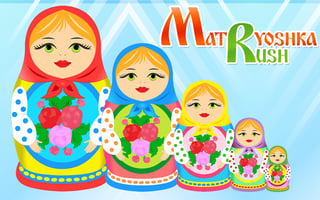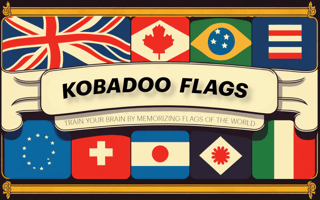Makruk Thai Chess
Makruk: Thai Chess is a Thai board game related to chess. Presumably, it comes directly from the ancient Indian game of Chaturanga, considered the ancestor of modern chess. In Thailand, the game is more popular than classical chess. The board has the same dimensions as in classical chess: 8 × 8 cells. The initial arrangement generally coincides with the arrangement in classical chess, but has two differences: the white queen is located on the e1 square, the white king is on the d1 square (that is, each king is to the left of his queen, as viewed from the player’s side); pawns are located on the third rank from the player (that is, white on the third, and black on the sixth). The only piece whose move completely coincides with the move of the corresponding piece in classical chess is the knight. The usual moves of the king, rook and pawn are the same as in chess: the king moves one square horizontally, vertically or diagonally, the rook moves any number of free squares vertically or horizontally, the pawn moves one square forward and attacks one square diagonally forward. Piece moves: The king moves like in European chess. There is no possibility of castling (moving the king towards the rook). Queen - moves only one point diagonally. Rook - can move any number of squares horizontally or vertically, provided that there are no pieces in its path. Elephant - move one square diagonally in any direction or one square forward vertically. Knight - moves two squares vertically and then one square horizontally, or vice versa, two squares horizontally and one square vertically (same as in the European counterpart). Pawn - moves one step forward vertically, and cuts one step forward diagonally, as in European chess. A pawn can only turn into an analogue of a queen, reaching the sixth rank. Victory Conditions: As in classical chess, the object of the game is to checkmate the opponent's king. Pat brings a draw.
- Category: chess
- Orientation: Landscape
- Published Date: 2024-04-23
- Last Modified Date: 2024-04-23
- Plays: 84
Recommended Games

Robot Band - Find the differences
Play
My First 100 Words
Play
Sokoballs
Play
Stickman Warriors
Play
Battleships Pirates
Play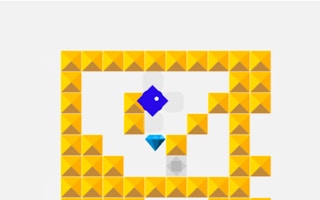
BrickBox
Play
Drifting Car
Play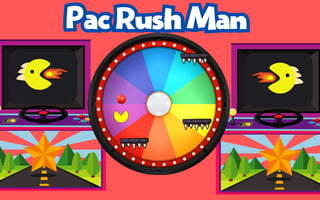
Pac Rush Man
Play
Grand City Car Thief
Play
Bffs Venice Carnival Celebrations
Play
Draw Rush
Play
Dinosaur Evolution
Play
Little Pumpkin Online Game
Play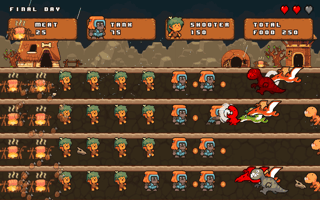
Prehistoric Warfare
Play
Kei Superwoman 2
Play
Roo Bot 2
Play
Block Breaker Zombie
Play
Clash of Warriors
Play
Super Afro Bro
Play
Some Little Enemies
Play
Scooter Brothers
Play
Vikings an Archer's Journey
Play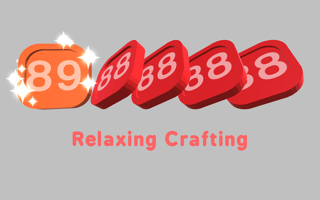
Relaxing Merger
Play